Location: Southern Province (Birambo Village, Karama Cell, Cyanika Sector, Nyamagabe District)
The group was formed to help minimize the tensions between survivors and perpetrators in this area due to mistrust, resentment, and tension between community members.Genocide survivors were accusing every Hutu family of being Interahamwe, and they would respond with comments such as if all the Tutsi had been killed, no one would bother them by bringing on false accusations.
People did not greet their neighbors and sometimes they quarreled with each other, especially the wives.
The Association
Abaharanira Amahoro was created in 2006. The idea of creating this association was proposed by Françoise Mukankaka, following a conversation she had had with a young boy named Anastase Twagirashema:
Anastase came to Françoise one day and told her that his father had killed her family members, had ransacked their house and had set it on fire. He told her that many of her family assets were still hidden in his house.
Françoise informed her friends, starting with Aurea Mukakalisa. In turn, Aurea told her how a widow named of Olive Niyireba who, after the death of her husband, approached her and revealed to her the role her husband played in killing Aurea’s family. The Widow then dropped down on her knees and sincerely begged her for forgiveness. Aurea forgave her.
Through similar conversations with other women in her community, Françoise was eventually persuaded to trust and build a friendship with young Anastase. The women in the community realised that reconciliation would be the best way to get information how their family members were killed, by whom where they could find their remains.
After exchanging ideas, Françoise and Anastase decided to create an association and to encourage all members of the community to join. When it was first established, the group had 30 members. Today it has 73 members consisting of 37 genocide survivors, 23 admitted genocide perpetrators, 8 rescuers who hid or protected Tutsi, and five young Rwandans, some of whom are survivor orphans and some are children of perpetrators, who sensitized their parents to plea guilty at the Gacaca Court trials and ask for forgiveness.
Activities and Achievements
When creating Abaharanira Amahoro, the members wanted to achieve the following objectives for their community:
- Encouraging members to open their hearts and to engage in activities aimed at restoring unity and reconciliation;
- Encouraging members to get involved in healing programs, by providing each other with emotional support;
- Sensitizing members to cooperate with their community’s Gacaca jurisdiction and to participate in its activities;
- Persuading wives and children of perpetrators to sensitize members of their families about the importance of adopting a guilty plea in the Gacaca courts.
Initially, the association struggled to overcome the various tensions mentioned above. In particular, the group’s desire to persuade former perpetrators to go through the procedure of adopting a guilty plea at the Gacaca Court trials was viewed with suspicion: Alleged perpetrators believed the government wanted to draw up a list in order to identify them, to know their offence, to be able to track them down and have them locked up in prison again, or to have them executed.
Despite the challenges, the group has had positive results in terms of rebuilding their social relationships and participating in government programs. The group has:
- Successfully persuaded the wives of alleged perpetrators to sensitize their husbands about the importance of pleading guilty for the crimes and asking for forgiveness.
- Persuaded men of the importance of participating in talks organized by the cell authorities in Cyanika and Mbazi sectors.
- Encouraged young people, both genocide survivors and the children of perpetrators, to do many great things in Mbazi and Cyanika sectors, such as playing a role in sensitizing their parents to plead guilty at Gacaca Court trials, and in some cases testifying against their parents, which is an exceptional deed in Rwanda.
- Developed income-generating activities such as growing maize, beans, potatoes, vegetables, and cassava together.
The members of this group planted a palm tree in Cyanika Sector as a symbol for unity and reconciliation.
Abaharanira Amahoro has benefited from the funding and support from the World Vision organisation, which has provided various trainings, study tours, and potato seeds for planting.
| Description: |
| Description: |
| Incamake: |
| Description: |
| Description: |
| Incamake: |

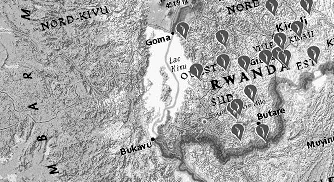
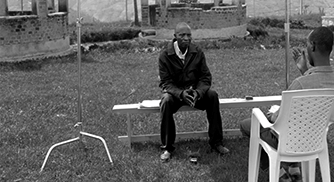
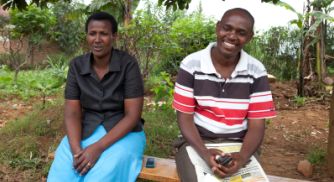
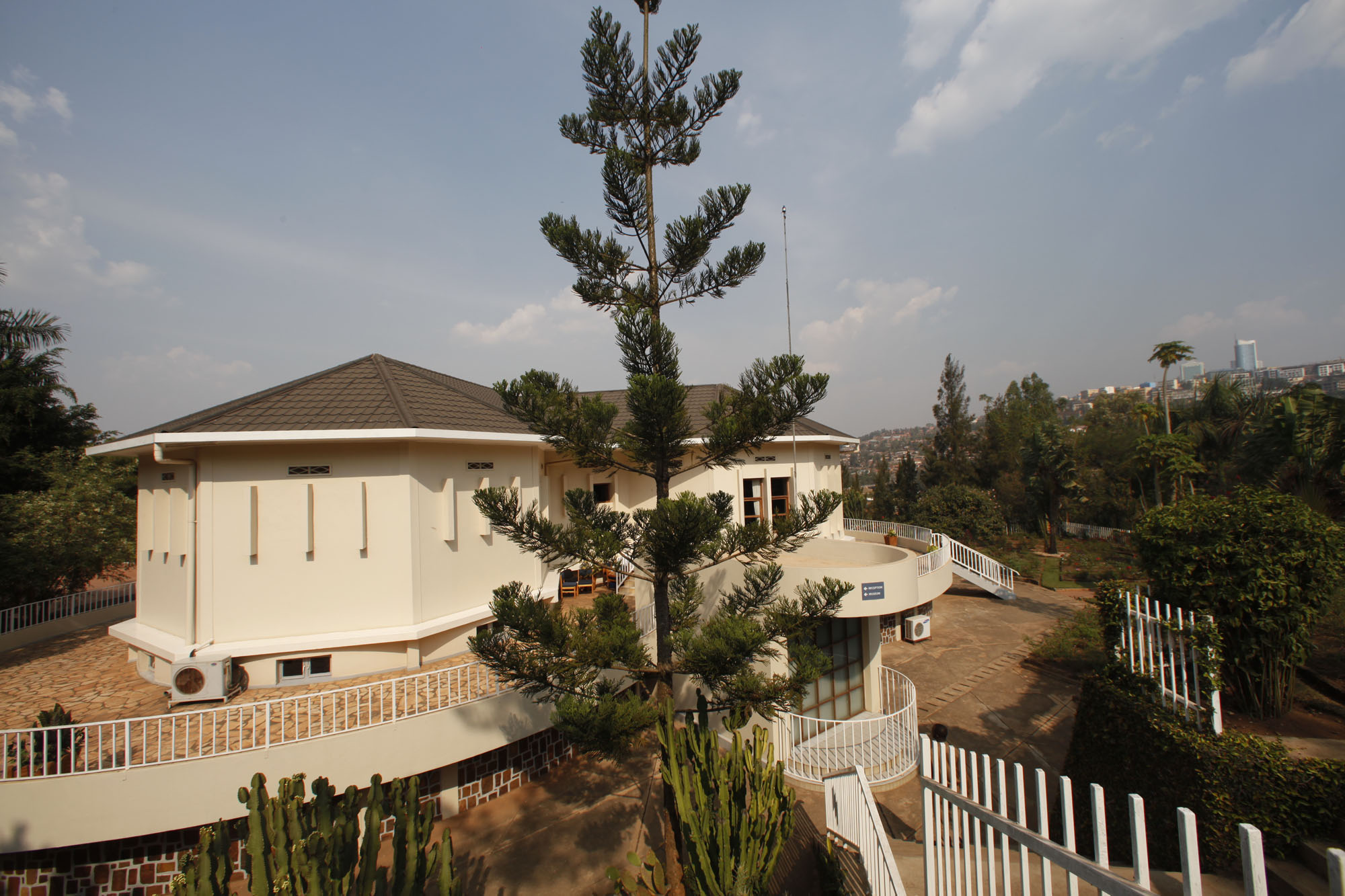
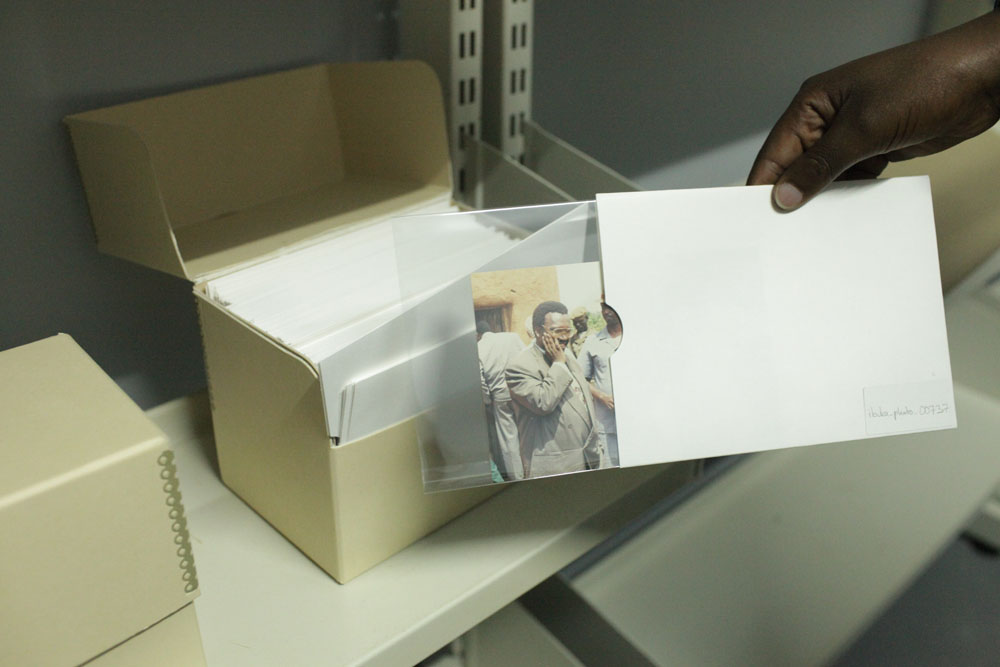
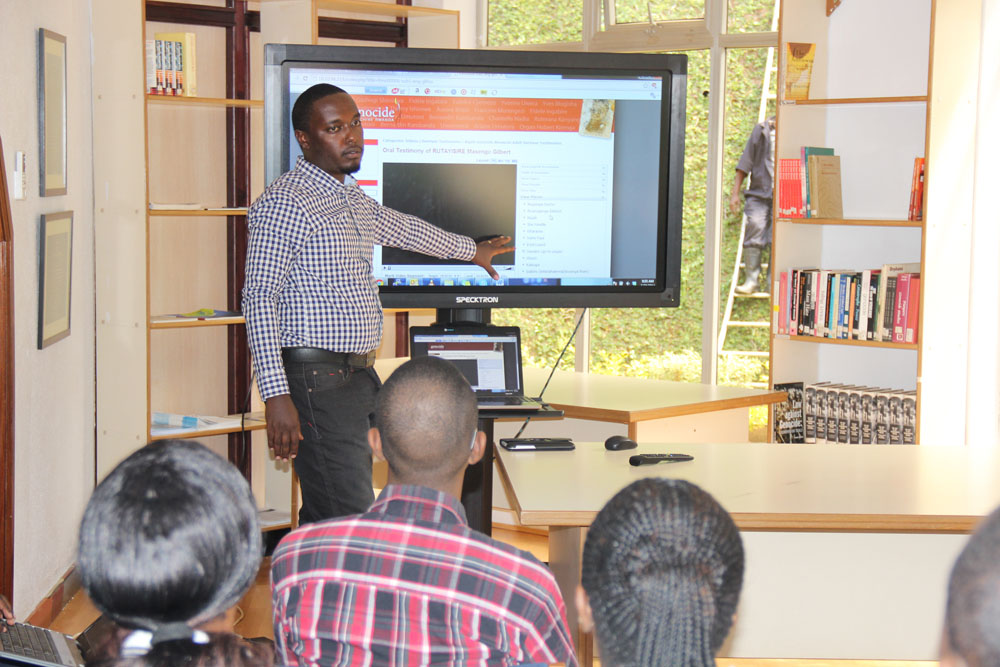
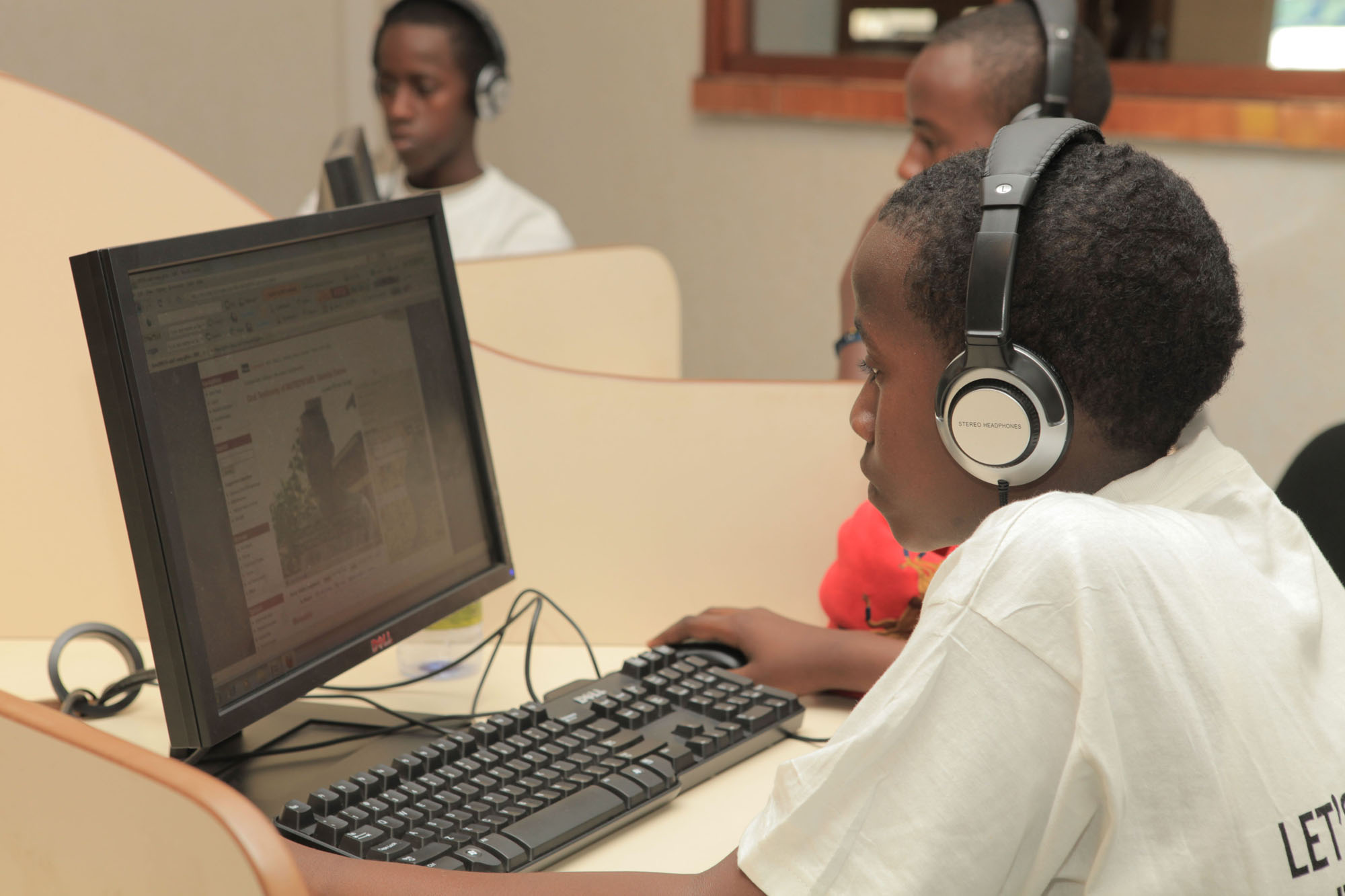
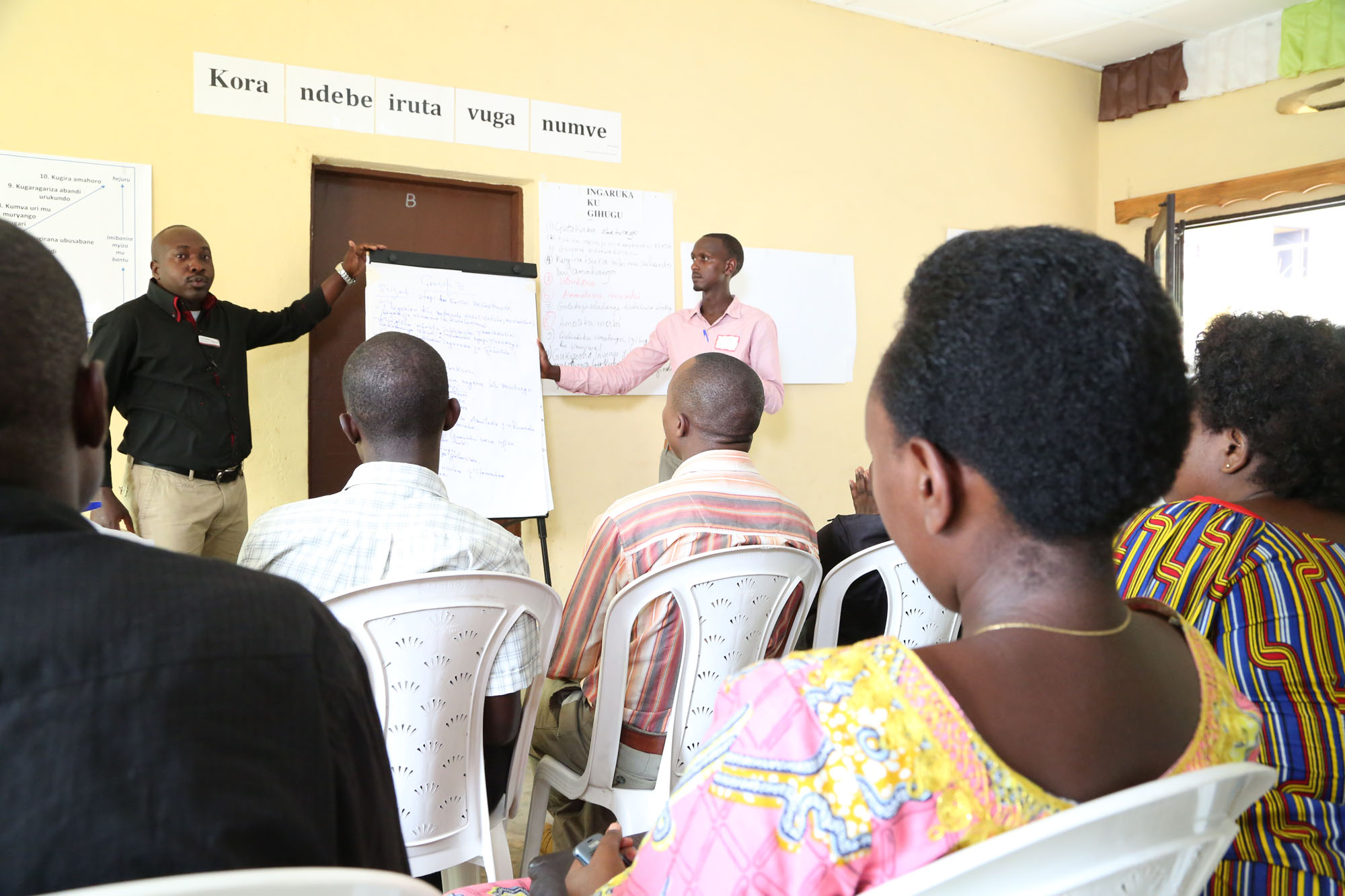
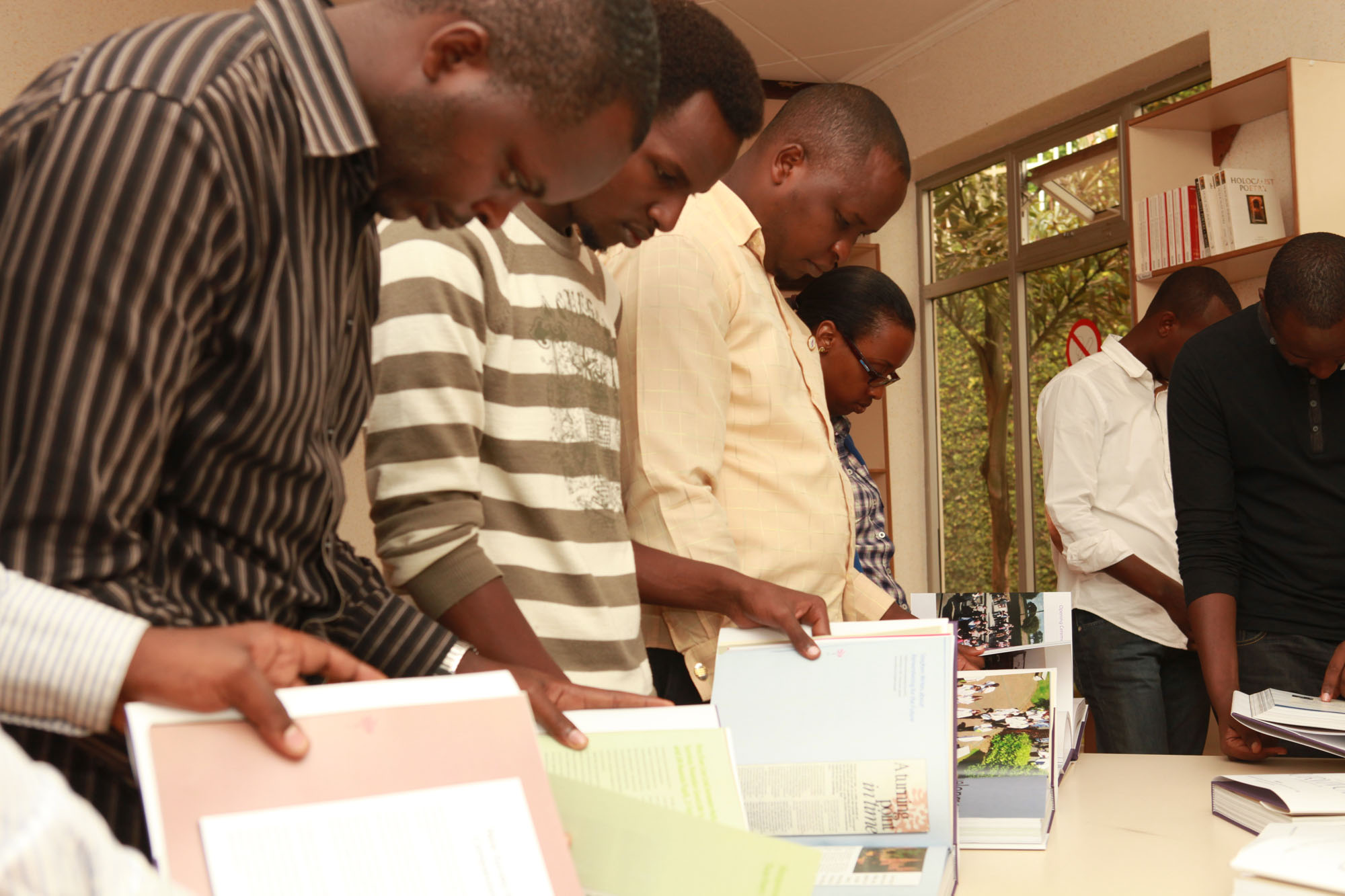

 Share this gallery
Share this gallery